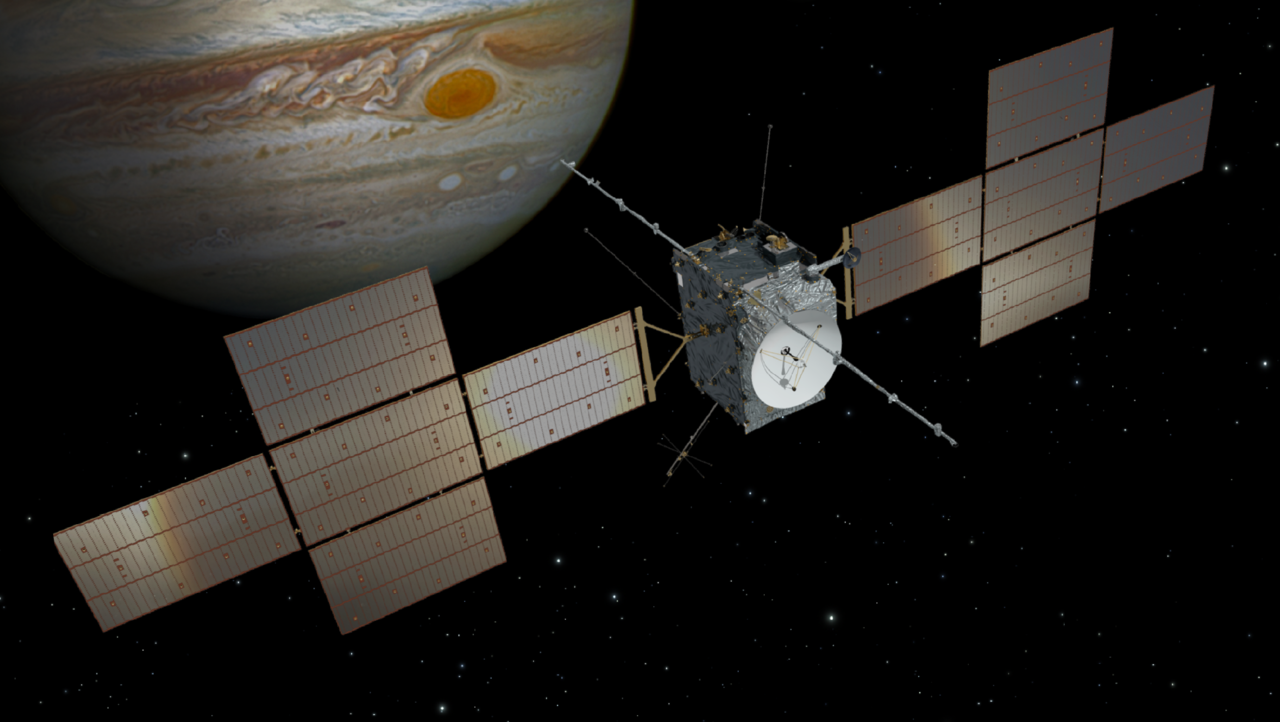Dr. Gábor Boross, an evolutionary and systems biologist, returns to Hungary as part of the HUN-REN Welcome Home and Foreign Researcher Recruitment Program, following his postdoctoral research on lung cancer evolution in mice at Stanford University in the United States.
At the Institute of Evolution of the HUN-REN Center for Ecological Research, he will establish a new research group to investigate how the ‘driver’ mutations responsible for cancer interact with each other, ultimately leading to the growth of cancerous tumors.
Gábor Boross used the Tuba-seq technology developed at Stanford University. This technology primarily involves the utilization of genome engineering techniques to induce specific mutations in lung epithelial cells. Tumors originating from these mutations are marked with DNA barcodes. By sequencing these short DNA segments, the size of the tumors can be determined, thereby providing insights into how specific mutations impact tumor growth or even how they influence the response to various therapies.

Gábor Boross. Photo: HUN-REN
While conducting research in the United States, the young researcher further developed the Tuba-seq technology, considering that human tumors typically result from multiple mutations occurring concurrently. The objective was to enhance the system making it suitable to handle combinations of mutations in a highly scalable manner, allowing for cost-effective measurements of a large number of mutations with minimal experiments. With the backing of the HUN-REN grant, he is now bringing this technology to Hungary and applying it to create high-coverage interaction maps and describe adaptive landscapes that determine the progression of cancer.
As part of the HUN-REN Welcome Home and Foreign Researcher Recruitment Program, announced for the first time in 2023 by the HUN-REN HQ, six Hungarian researchers and one foreign researcher from the international elite are coming to Hungary to form research groups at HUN-REN research sites to undertake their outstanding scientific projects as part of the winning proposals.
HUN-REN currently comprises 11 research centers, 7 research institutes and 116 additional supported research groups operating at universities and other public institutions, conducting research in the most varied disciplines of mathematics and natural sciences, life sciences, social sciences and the humanities. HUN-REN builds on the rich legacy of the collective wealth of knowledge accumulated in the research network over more than a century.Fact
The HUN-REN Headquarters (HUN-REN HQ) is an independent public budgetary institution. It was established by the Parliament effective August 1, 2019 with the aim to manage and operate the publicly funded independent research network in Hungary, which constitutes a central pillar of the country’s scientific domain.

